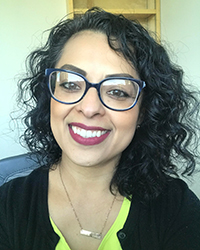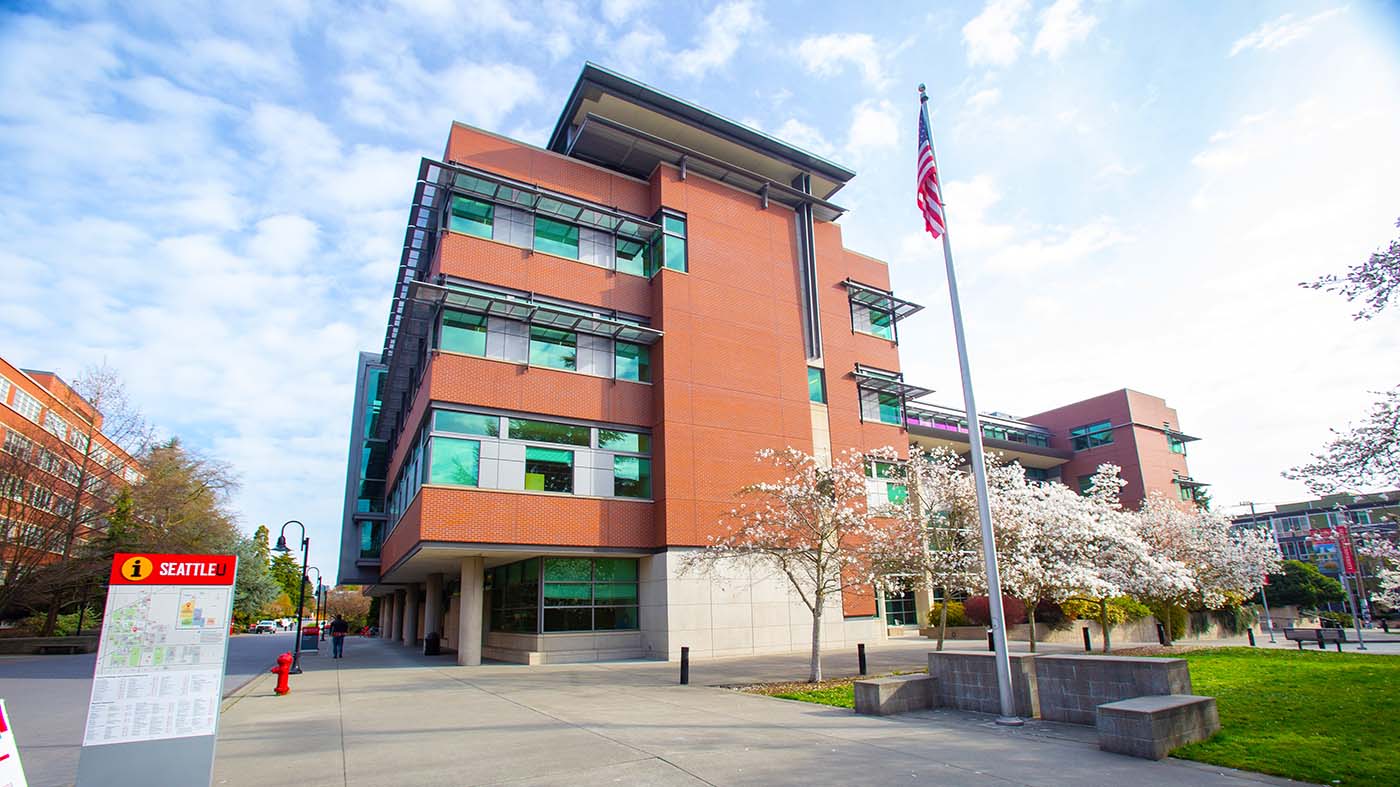Seattle University School of Law Professor Zaida Rivera is leading the effort to implement new pathways to bar licensure as chair of a newly-formed statewide steering committee, after Washington earlier this year became just the third U.S. state to allow licensure alternatives to the traditional bar exam for aspiring attorneys.
In March, the Washington Supreme Court adopted a series of bar licensure reforms after receiving a set of recommendations developed by the court-appointed Bar Licensure Task Force, co-chaired by Seattle U Law Dean Anthony E. Varona.
Under the reforms, graduates, law students, and APR 6 law clerks will be able to waive the exam by completing certain experiential learning opportunities and work requirements, including: a six-month apprenticeship and series of courses for law school graduates; a 500-hour internship and 12 skills credits (demonstrated with a portfolio) for law school students; and a 500-hour internship with other standardized educational benchmarks for law clerks enrolled in a non-law school course of study.
The Pathways to Licensure Implementation Steering Committee, led by Rivera, is responsible for establishing the policies and requirements for each alternative.
 “The reason I am interested in this issue is knowing there are so many ‘legal deserts’ in Washington, especially in rural communities. I think this will open a lot of doors for individuals,” Rivera said. “Traditionally, the bar exam was not made for them, and they have trouble passing, even when they will excel as attorneys and be great advocates. It’s a barrier for many people, and it’s great that there will be many ways to be licensed.”
“The reason I am interested in this issue is knowing there are so many ‘legal deserts’ in Washington, especially in rural communities. I think this will open a lot of doors for individuals,” Rivera said. “Traditionally, the bar exam was not made for them, and they have trouble passing, even when they will excel as attorneys and be great advocates. It’s a barrier for many people, and it’s great that there will be many ways to be licensed.”
Just as it was on the Task Force, Seattle U Law is well-represented on the 18-person Steering Committee. In addition to Rivera, other law school members include Varona (along with the deans of the state’s two other law schools) and 3L Greg Crowder, one of two students.
“This task force is very important because it is responsible for animating the reforms that were adopted by the Washington Supreme Court earlier this year,” Varona said. “What makes Zaida ideal for the role of chair is that she has strong ties to each of the state’s law schools and she is a well-known expert in experiential education, since the alternate pathways that will be implemented are both experiential in nature. She has the trust, faith, and confidence of the court, the practicing bar, and the academy in leading this effort.”
Certain aspects of the traditional bar exam can be discriminatory toward certain groups, including people of color and those from low-income backgrounds, Rivera explained.
“There are people who can’t afford to give up work to study for the bar exam. And they can’t afford to fail because of the cost of the exam itself,” she said. “Also, the format was created to keep certain people out. If you look at the structure of the bar exam and who it benefits, a lot of under-represented communities fall short in that they aren’t used to that type of exam.”
Meralina Morales ’24, who passed the bar exam in July, explained that it is not just the exam’s cost that is onerous, which includes around $1,000 in fees, but also bar prep programs that can range from $1,500 to $4,000. Additionally, there is the opportunity cost of lost work time that goes to two or more months of full-time studying.
“I had to study 12 hours a day every day of the week,” she said, noting that this does not leave much time for a job. “In Latino families, a lot of us help support our families, a lot of us still have to work. It’s very hard to study all day. You feel like you’re letting your family down and not supporting them financially the way that you should be because you don’t work. Or if you do, you’re so run down, so burnt out, that you run the risk of having to do the test all over again.”
Additionally, she said, questions can be worded in ways that can be discriminatory toward certain groups.
Rivera believes that her time spent as director of the law school’s Immigrant Justice Clinic, in which students represent asylum seekers and immigrant survivors of gender-based violence in applications for legal protection, will aid her in developing experiential learning requirements for a law license.
“I’m excited to bring the voice of our community that is under-represented and that lives in legal deserts,” she said. “As an educator in experiential learning, to be able to provide guidance on what works with students and how they benefit from hands-on practice is very meaningful.”
“Zaida’s experience as a practicing attorney for more than 10 years and her work in clinical legal education at Seattle U Law and Gonzaga make her exceptionally well prepared to serve as a co-chair on the Pathways to Licensure Committee,” said Professor Jeffrey Minneti, assistant dean for Academic Excellence and Bar Success. “Her lived experience as an immigrant from Mexico who navigated our existing attorney licensure scheme will provide keen insight into foreseeing and addressing the challenges students may face as they embark on the new licensure pathways in the future.”
Minneti is busy with his own bar reform work on a national scale. He and Professor Paul Holland, associate dean for Experiential Learning, have been invited by AccessLex Institute to build a series of bar preparation modules that will help teach and assess the evidence law concepts being tested, as well as prepare students and faculty for the new types of questions that will be on the NextGen Bar Exam when it begins to be administered in Washington in 2026.
“Both of these initiatives are trying to make bar licensure more just and eliminate its unfairness and inequity in innovative ways,” Varona said.

